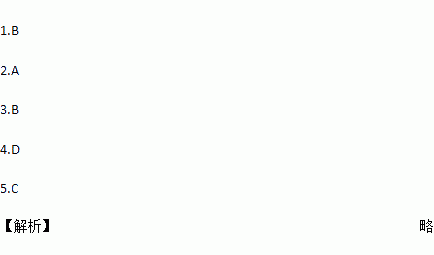题目内容
Dick lived in England. One day in January he said to his wife, "I'm going to fly to New York next week because I've got some work there." "Where are you going to stay there?" his wife asked. "I don't know yet." Dick answered. "Please send me your address from there in a telegram (电报)," his wife said. "All right," Dick answered.
He flew to New York on January 31st and found a nice hotel in the center of the city. He put his things in his room and then he sent his wife a telegram. He put the address of his hotel in it.
In the evening he didn't have any work, so he went to a cinema. He came out at nine o'clock and said, "Now I'm going back to my hotel and have a nice dinner."
He found a taxi (出租车) and the driver said, "Where do you want to go?" But Dick didn't remember the name and address of his hotel.
"Which hotel are my things in?" he said, "And what am I going to do tonight?" But the driver of the taxi did not know. So Dick got out and went into a post office. There he sent his wife another telegram, and in it he wrote, "Please send me my address at this post office."
1. Dick flew to New York because ___.
A. he went there for a holiday
B. he had work there
C. he went there for sightseeing (观光)
D. his home was there
2.Why did his wife want a telegram from him?
A. Because she didn't know his address yet
B. Because she wanted to go to New York, too
C. Because she might send him another telegram
D. Because she couldn't leave her husband by himself in New York
3.Where did Dick stay in New York?
A. In the center of the city. B. In a hotel.
C. In a restaurant. D. At his friend's house.
4. Who would send him the name and address of his hotel?
A. The manager (经理) of his hotel. B. The police office.
C. The taxi driver. D. His wife.
5.Which of the following is not true?
A. Dick stayed at a nice hotel in the center of the city.
B. Dick didn't work on the first night of his arrival.
C. Dick forgot to send his wife a telegram.
D. Dick wanted to go back to his hotel in a taxi.


 ct and talk about something else. But I was wrong. He was silent for a few minutes, and then he ______ to tell me all about his friend.
ct and talk about something else. But I was wrong. He was silent for a few minutes, and then he ______ to tell me all about his friend.